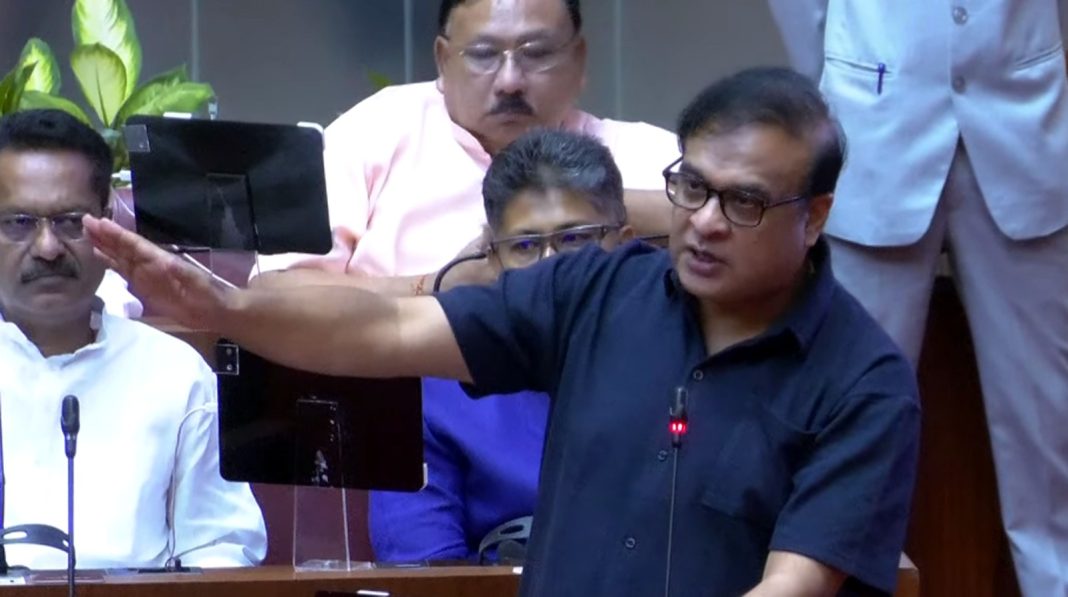
Guwahati, June 9: Assam Chief Minister Himanta Biswa Sarma on Monday told the Assembly that 303 foreigners have already been deported from the state and 35 more are awaiting deportation, reaffirming that the process will continue independently of the National Register of Citizens (NRC).

The Chief Minister cited a recent Supreme Court ruling that allows the state to deport declared foreigners without referring their cases to Foreigner Tribunals. “Deportation will now be a reality. Whether or not a person’s name is in the NRC, if the district administration suspects them to be a foreigner, they can be pushed back under the 1950 Expulsion Act,” Sarma said.
He revealed that nearly 30,000 individuals declared as foreigners by Foreigners’ Tribunals are at the final stage of deportation. These individuals did not file appeals against their tribunal verdicts within the prescribed time frame of five years. “Their cases have attained legal finality and their deportation is both valid and enforceable,” he said.
However, Sarma clarified that those who have legally challenged their foreigner status before the Supreme Court or Gauhati High Court will not be deported until the cases are resolved. “We will follow due process of law in such matters,” he added.
During the debate on a motion moved by Leader of Opposition Debabrata Saikia regarding the NRC, Sarma criticized the NRC process for including ineligible individuals. “Many people manipulated their legacy data to get into the NRC, including some already declared as foreigners. We have evidence of over 2,600 fake social media accounts, some operated from Islamabad and Riyadh, involved in this misinformation campaign,” he said.
Sarma also said the state government has sought the Supreme Court’s permission for a fresh verification of the NRC, proposing 20% re-verification in border districts and 10% in the rest of the state. “If we find no discrepancies, we will proceed with the current list,” he said.
According to Sarma, a central agency is currently working to secure NRC data, and the process is expected to be completed in 8 to 12 months. Only after that will the government begin issuing acceptance and rejection slips to NRC applicants.
In response, Saikia maintained that the NRC remains a vital instrument for identifying foreign nationals and demanded the immediate release of the final NRC list. He also questioned the government’s inconsistency, citing the return of 65 individuals who had earlier been deported to Bangladesh. “This shows a lack of clarity in the government’s approach,” he said.
Sarma, defending his administration’s position, said the state would no longer use the NRC as the primary basis for identifying illegal immigrants. “District Commissioners will be empowered to act directly,” he said, invoking the precedent set by past leaders such as Bimala Prasad Chaliha, Bishnuram Medhi, Gopinath Bordoloi, and Tarun Gogoi.

“No genuine Indian citizen who came to Assam after March 25, 1971, will be deported,” Sarma assured while underlining that Assam is determined to prevent future influx and send a clear message to Bangladesh on the issue.





